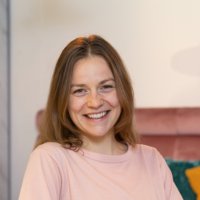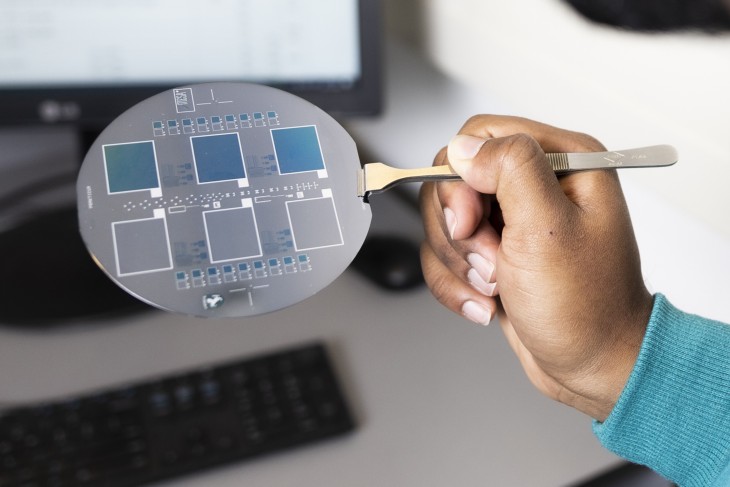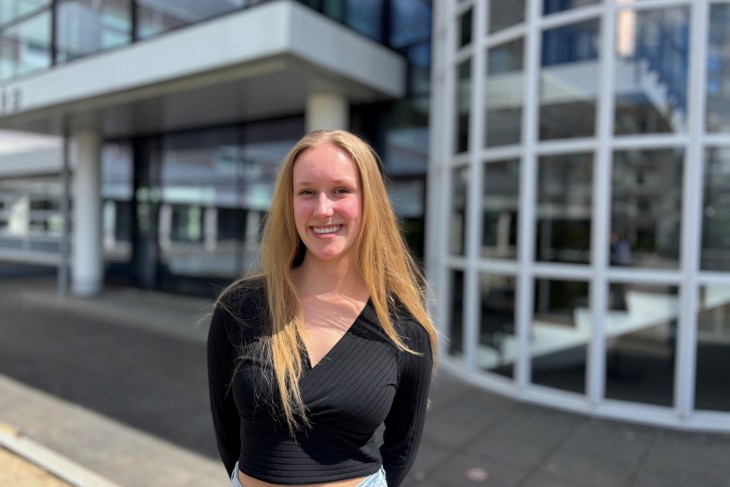“After completing my International Teacher Education for Primary Schools degree in Meppel, I realised that teaching wasn’t for me. The school internships were great, but I started to see that making a real change through teaching alone was more complicated: to a large extent, it depends on the people who design the curriculums and learning materials. Still, I didn’t want to let go of education because I believe it's one of the main ways to tackle a lot of the problems we face today. So, when I came across the Master’s in Educational Science & Technology at the University of Twente and read, “Are you passionate about education but don’t want to be a teacher?” I thought that was exactly what I was looking for.
Curriculums, manuals, and onboarding programmes are all tied to education. Each has a goal, and reaching that goal is the educational part. Unfortunately, the importance of learning and efficiency in the process is often brushed off. If people had the right knowledge, they could save a lot of time. For example, I know teachers who spend their weekends grading papers. If students corrected one another's work during class, it would save teachers time and help students learn from their peers’ mistakes.
Learning in schools and organisations
From kids at primary schools to adults in organisations, everyone should get the education they need, and I’m learning to help them with that. Part of the Master’s is about designing content based on educational theories and presenting it in the best possible way. For example, to reduce cognitive overload, you can break information into smaller sections, using headlines, and adding images.
Furthermore, you focus on making learning interactive and enjoyable. That’s where the technology part comes in — creating more engaging and user-friendly ways to present content, using AI, e-learning modules, and online platforms that people actually want to use. I decided to round out my skills in that area, so I took courses from the Master’s programmes in Communication Science and Interactive Technology on user experience (UX) design and user interface (UI) design.
You can choose whether to focus more on formal education or human resources development by taking elective courses. The HR direction appealed to me because my bachelor’s was focused on education, and I wanted to learn something new. For example, how can I help a company organise scattered information and make it more accessible to all employees?
Real-life learning
As part of a project on workplace learning, I collaborated with my project group to tackle a real-world problem in a healthcare facility. We conducted interviews with employees to identify challenges patients faced, one of which was difficulties with a medical exam, so we designed step-by-step instructions that anyone could follow without confusion. While it may seem like a small task, it makes a difference to all those people.
In another assignment, we had to create test items (like the questions you’d see on a multiple-choice driving test) and then evaluate their validity and reliability: did they measure what they were supposed to? It was interesting because I realised that every small detail in a question, such as phrasing or the inclusion of an image, affects how people understand and answer it.
My future
Many graduates go into learning and development roles in companies, or they work with learning management systems. I’ve already started a traineeship at an e-learning company, and I’m diving deep into how they develop e-learning programmes for other companies. It’s a great way to gain hands-on experience and understand all the aspects of the business.
In the long run, I’d like to focus on curriculum design: creating courses for students of all ages, helping them learn in the most effective and engaging way. I believe this is how I can make a big impact on students.”




